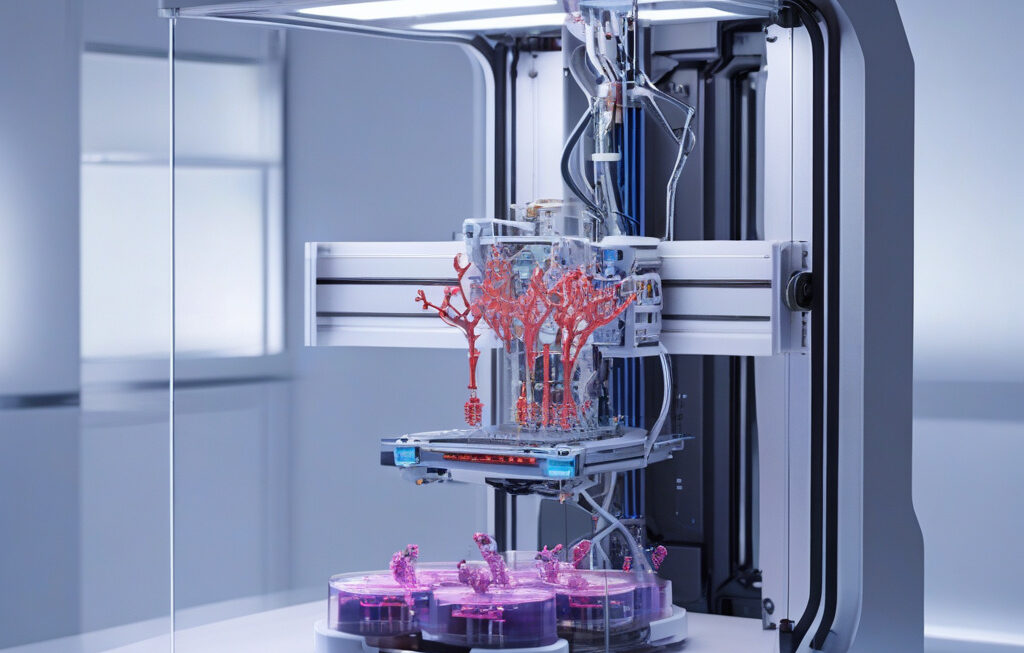Baby Booster: Male Fertility Linked to Proteins That Keep Sperm Swimming, Not Napping
Researchers from the University of Osaka, Japan, have identified two specific proteins essential for proper sperm function, shedding light on male fertility factors. The study, published in the journal Science Advances, highlights the crucial role of these proteins in ensuring that sperm remain motile and capable of fertilizing an egg.
The proteins, named FSP1 and FSP2, act as molecular motors that power the movement of sperm. Without these proteins, sperm lose their ability to swim efficiently, leading to reduced fertility. This discovery is significant as it provides a deeper understanding of the mechanisms that underpin male fertility and could potentially lead to new treatments for infertility.
Dr. Hiroshi Yamaguchi, the lead researcher of the study, explained that FSP1 and FSP2 work together to coordinate the beating of the sperm tail, allowing for smooth and directed swimming. He likened the proteins to the engine of a car, driving the sperm forward with precision and speed.
To investigate the role of FSP1 and FSP2, the researchers conducted experiments using mouse models with genetically modified sperm lacking these proteins. They found that these sperm were significantly less motile compared to normal sperm, highlighting the importance of FSP1 and FSP2 in sperm function.
Furthermore, the researchers analyzed human sperm samples and discovered that the levels of FSP1 and FSP2 were correlated with sperm motility. Men with higher levels of these proteins in their sperm tended to have better sperm motility and higher fertility rates. This correlation suggests that FSP1 and FSP2 could serve as potential biomarkers for male fertility.
In addition to their role in sperm motility, FSP1 and FSP2 also play a part in protecting sperm from oxidative stress. Sperm are highly susceptible to damage from reactive oxygen species, which can impair their function and viability. The researchers found that FSP1 and FSP2 help to neutralize these harmful molecules, preserving sperm quality.
The implications of this research are far-reaching, especially in the context of male infertility, which affects a significant percentage of couples worldwide. By understanding the molecular mechanisms that govern sperm function, scientists may be able to develop new diagnostic tools and therapies to improve male fertility outcomes.
In conclusion, the discovery of FSP1 and FSP2 as key proteins in sperm motility and protection opens up exciting possibilities for advancements in male fertility research. By targeting these proteins, researchers may pave the way for novel treatments that enhance sperm quality and increase the chances of successful conception for couples struggling with infertility.
#MaleFertility, #SpermMotility, #ProteinsResearch, #InfertilityTreatment, #UniversityOfOsaka












